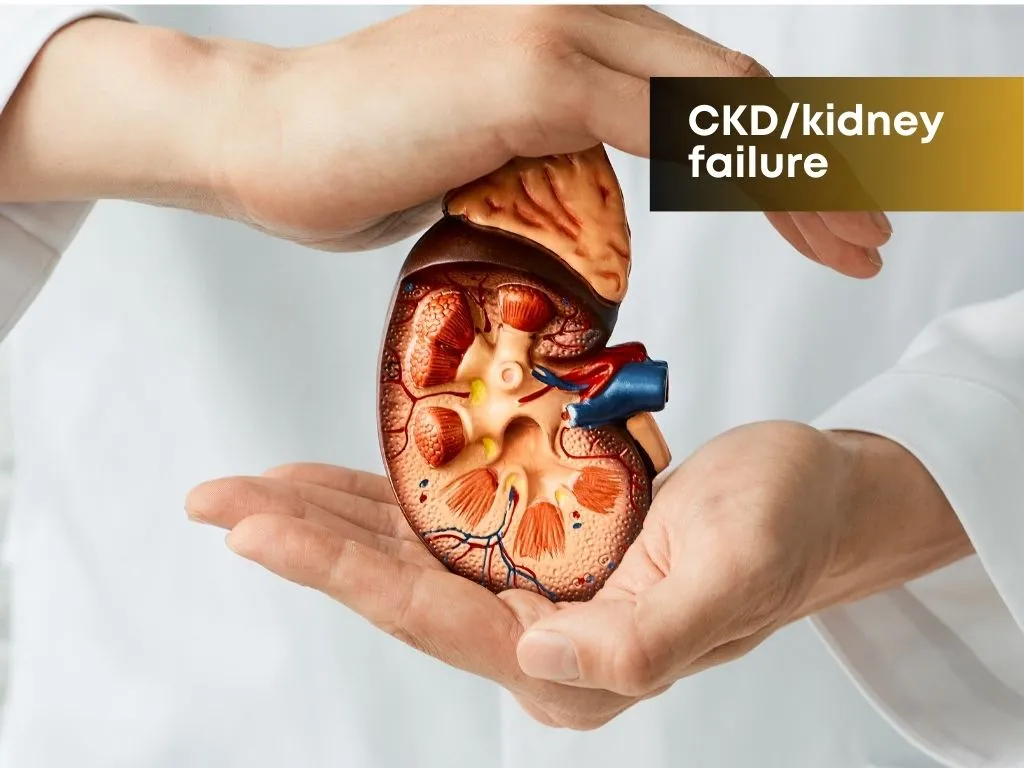Overview
Bipolar disorder, formerly known as manic-depressive illness, is a mental health condition characterized by extreme mood swings that include emotional highs (mania or hypomania) and lows (depression). There are several types of bipolar disorder, including:
Bipolar I DisorderBipolar II DisorderCyclothymic Disorder (Cyclothymia)
Causes
Genetic FactorsBiological FactorsNeurotransmitter Imbalance Structure and FunctionHormonal ImbalanceEnvironmental FactorsStressful Life EventsSubstance AbuseDisrupted Circadian RhythmsPsychological and Social FactorsChildhood TraumaPoor Social Support
Symptoms
Manic Episode Symptoms:
Decreased need for sleepRacing thoughts or rapid speechGrandiosity or inflated self-esteemImpulsivity, poor judgment, or risky behavior (e.g., spending sprees, reckless driving, sexual indiscretions)Increased goal-directed activity or excessive involvement in pleasurable activities (e.g., gambling, sexual activity, business pursuits).
Hypomanic Episode Symptoms:
Increased energy or activityDecreased need for sleepRacing thoughts or rapid speechIncreased self-confidence or optimismEngaging in risky or impulsive behaviors, though to a lesser extent than during manic episodes.
Depressive Episode Symptoms:
Persistent feelings of sadness, emptiness, or hopelessnessLoss of interest or pleasure in activities once enjoyedChanges in appetite or weightSleep disturbances (insomnia or excessive sleep)Fatigue or loss of energyFeelings of worthlessness or excessive guiltDifficulty concentrating or making decisionsThoughts of death or suicide, suicide attempts.
Treatment: Modern Medicine
Medication:
Mood stabilizersAntipsychoticsAntidepressants
Psychotherapy:
Cognitive-Behavioral TherapyInterpersonal and social Rhythm TherapyFamily therapy
Treatment: Traditional Medicine
Mindfulness and MeditationNutritional SupplementsAcupunctureHerbal Remedies
Caution
Lack of Scientific EvidenceInteraction with MedicationsPotential Risks
Prevention
Early InterventionMedication AdherencePsychotherapyHealthy Lifestyle Habits: Avoiding TriggersEducation and Support
 Nalamaree Team
Nalamaree Team

 (2).jpg.webp)

.jpg.webp)
















.jpg.webp)
